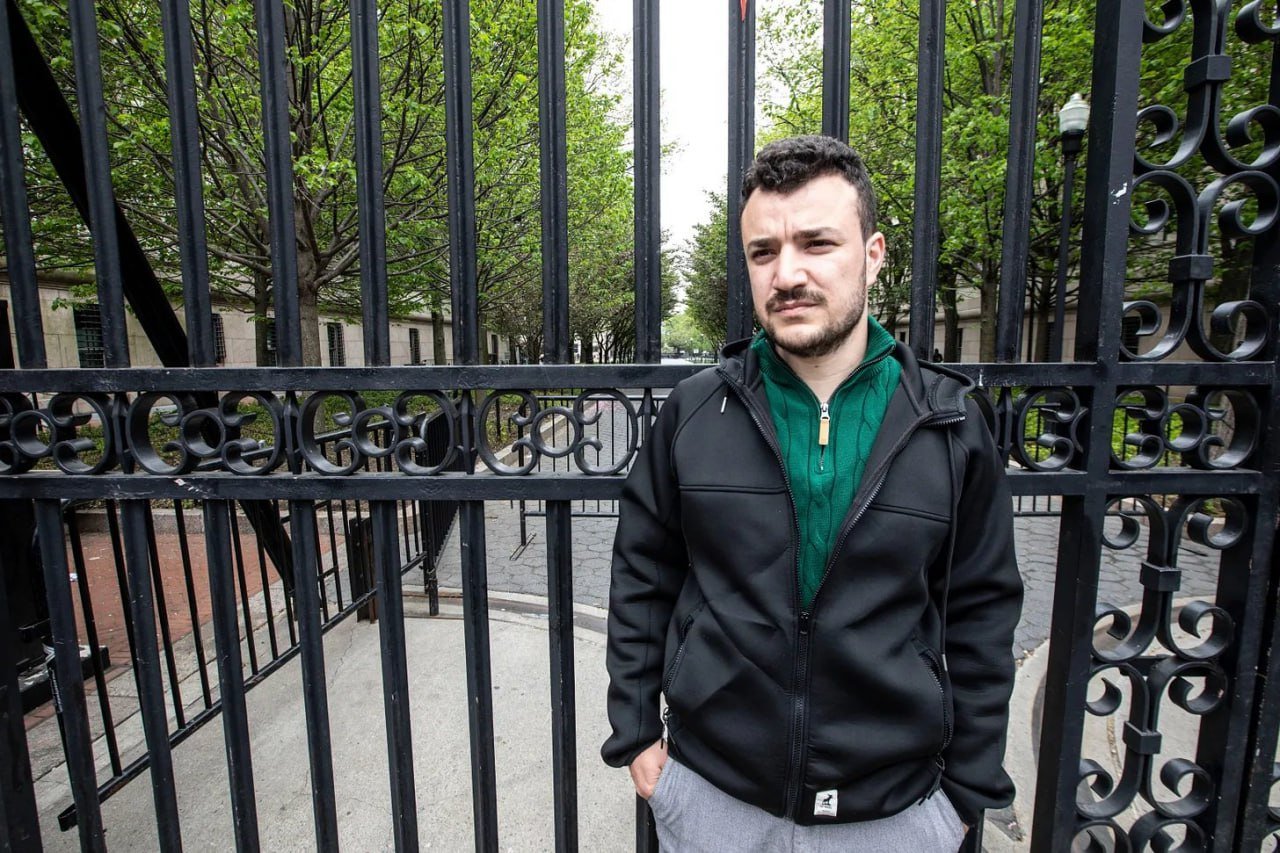DHS Detains Columbia Activist Amid Crackdown on Pro-Palestine Student Protests
Executive Summary
Federal immigration authorities have detained Mahmoud Khalil, a Palestinian activist and former Columbia University student, in what the Trump administration describes as an effort to revoke visas and green cards of individuals allegedly supporting Hamas. Khalil, a lawful permanent U.S. resident, was arrested by ICE agents at his university-owned apartment. His detention follows the administration’s recent move to strip Columbia of $400 million in federal grants over accusations of antisemitism on campus. Khalil’s case has sparked debate over political repression, free speech, and the legal basis for deporting permanent residents based on activism.
Analysis
Mahmoud Khalil’s arrest marks a significant escalation in the U.S. government’s crackdown on student activism related to the Israel-Gaza conflict. His detention follows reports that federal agencies, including the State Department and DHS, are using AI-driven social media surveillance to identify and revoke visas of students involved in pro-Palestinian protests.
Khalil played a visible role in organizing the Gaza Solidarity Encampment at Columbia last year, making him a target for pro-Israel groups and federal scrutiny. The Trump administration has framed such activism as support for Hamas, a designated Foreign Terrorist Organization, which it argues justifies deportation proceedings. However, Khalil holds a green card, meaning revoking his residency would require legal justification beyond student visa violations. His attorney has filed a habeas corpus petition, questioning the legality of his detention and alleging that ICE has concealed his whereabouts.
This crackdown coincides with broader federal actions against Columbia University. The administration’s decision to cut $400 million in federal funding comes amid accusations that the school has failed to protect Jewish students from harassment. Columbia has also implemented internal disciplinary measures, expelling students and increasing cooperation with law enforcement to address rising tensions on campus. While some view these actions as necessary to combat antisemitism, others argue they represent a targeted effort to suppress political speech and student activism.
Khalil’s case raises critical questions about the limits of free speech in the U.S., the government’s use of immigration enforcement as a political tool, and the legal precedent for revoking green cards based on protest involvement. As pro-Palestinian activism continues across American campuses, further arrests and legal challenges are likely.


